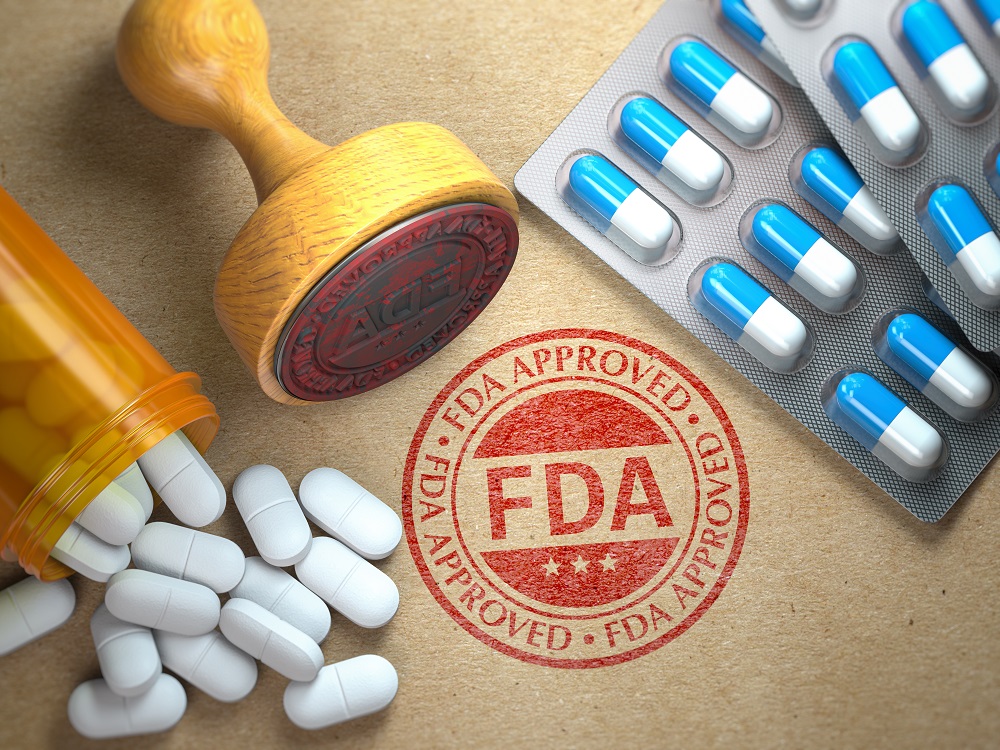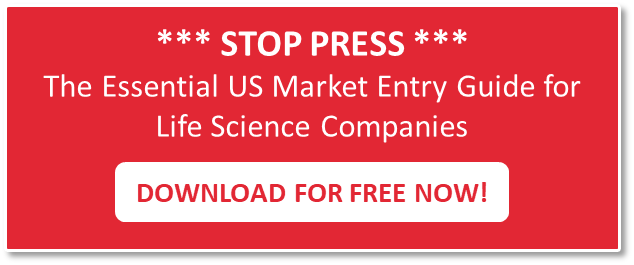For UK life sciences companies looking to enter the lucrative US market, understanding and adhering to the stringent regulations is an absolute must. The United States has some of the most rigorous compliance requirements in the world when it comes to pharmaceuticals, biotechnology, medical devices and other healthcare products. Failing to properly navigate this complex regulatory landscape can be catastrophic – delaying or outright preventing US market access and jeopardizing your entire transatlantic expansion efforts.
Understanding the US Regulatory Landscape
At the centre of the life sciences regulatory universe is the Food and Drug Administration (FDA). This federal agency oversees regulatory approval and ongoing compliance monitoring across virtually every sphere of the life sciences industry. Depending on your product category, you’ll likely need to obtain premarket approval (PMA) or clearance for medical devices, or file a new drug application (NDA) or biologics license application (BLA) to commercialize a pharmaceutical or biologic product in the US.
Navigating FDA Approval Processes
The FDA approval process is extremely rigorous, with regulators comprehensively examining all clinical data to ensure products meet stringent safety and efficacy standards before allowing them to be marketed to patients. Even for Class I and Class II medical devices, which are lower risk and typically require only a 510(k) premarket notification rather than a full PMA, validating safety and efficacy is still crucial.

Premarket Approval (PMA) and Clearance Requirements
For New Drug Application (NDA) and Biologic License Application (BLA), the FDA casts an especially watchful eye, requiring extensive clinical trial data and manufacturing information across the product’s full development lifecycle. Anticipate providing voluminous documentation and being prepared to work closely with regulators throughout the multi-year review process. The FDA may request additional trials, studies or documentation at any stage.
Ensuring Safety and Efficacy: Key FDA Standards
Beyond premarket approval, life sciences firms must also meticulously comply with good manufacturing practices (GMPs), good clinical practices (GCPs), and other FDA regulatory controls that govern virtually every aspect of operations – from raw material vetting to production, packaging, labelling, storage, distribution and more. Robust quality management systems and impeccable documentation are non-negotiable.

Other Key Regulations
It’s also critical to understand other key regulations like the Drug Supply Chain Security Act (DSCSA), which outlines tracing and verification requirements to secure the pharmaceutical supply chain and prevent counterfeiting. The Corporate Integrity Agreements (CIA) program is another major area of focus, monitoring healthcare fraud, kickback risks, and general compliance across the life sciences and provider landscape.
The regulatory gauntlet doesn’t stop there. Firms must also contend with a web of rules from other federal bodies like the DEA, EPA, FTC, and multiple state and local oversight groups. It truly takes an army to stay compliant in the US life sciences market.
Strategic Approach to Regulatory Compliance
This is precisely why many UK firms opt to enlist experienced regulatory and legal guidance when tackling their FDA approval journey and overall US rollout. The consequences of missteps are too severe, with warning letters, import bans, monetary fines and even criminal liability all potential ramifications for non-compliance.
Thankfully, the UK life sciences industry is well-respected in the US, with many domestic regulators and businesses seeing British companies as operating to world-class quality and ethical standards. While adjusting to meet US-specific rules is mandatory, UK firms entering the US can leverage their existing Quality System and regulatory knowledge as a solid foundation.
At the end of the day, thorough preparation, meticulous compliance management, and strategic guidance are critical for UK life sciences innovators hoping to successfully commercialize and sustain their products in the US. There are simply no shortcuts when it comes to this rigorous, high-stakes process.
Other Useful Resources
Disclaimer: The information provided in this article is for general informational purposes only and should not be construed as professional advice. Readers should not rely on any information contained herein as a substitute for professional guidance and should seek independent expert assistance when making decisions related to transfer pricing or US expansion.

